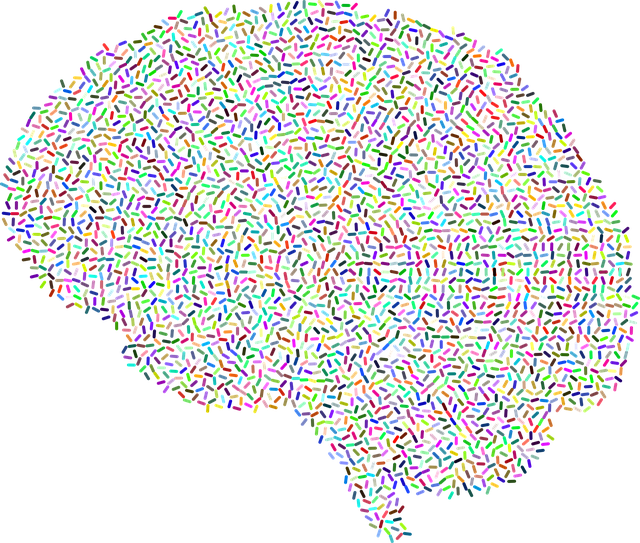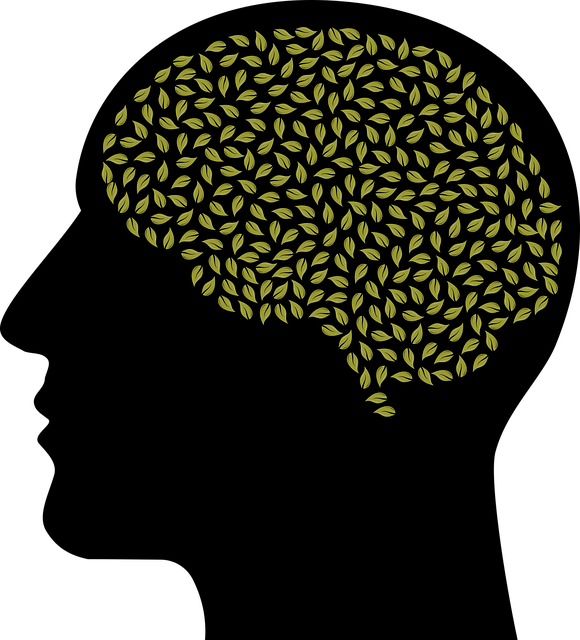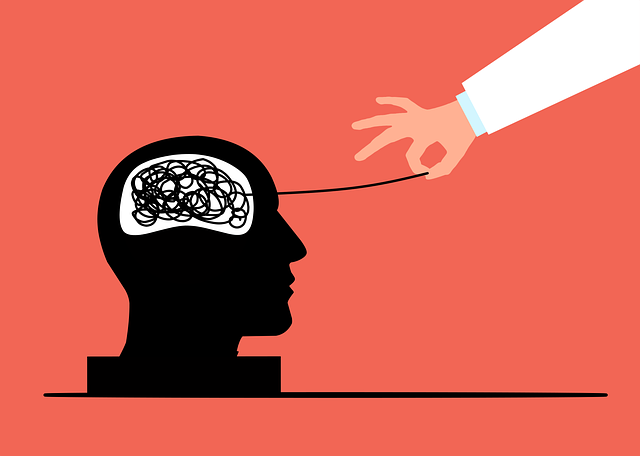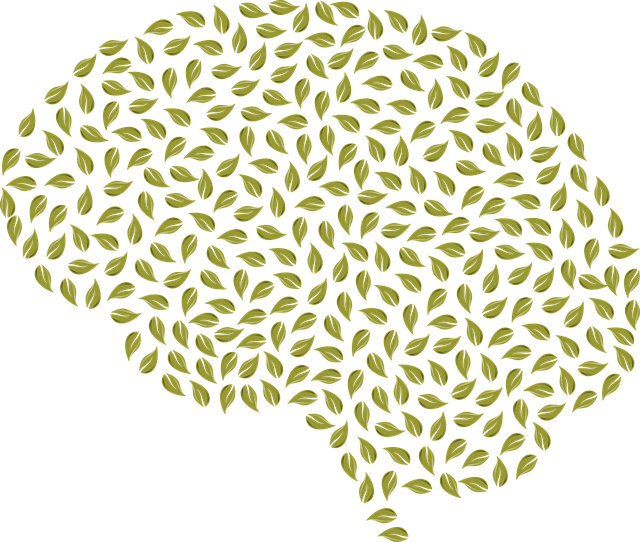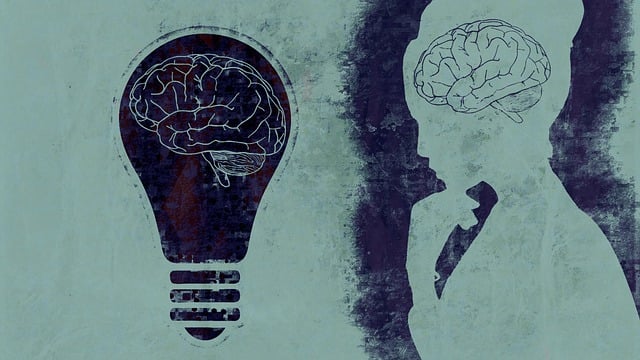Creating safe, supportive spaces is essential for effective mental wellness groups, as highlighted by Greenwood Village Drug Abuse-Substance Abuse Therapy. Skilled facilitators employ techniques like active listening and open-ended questions to break down stigma and foster understanding of diverse backgrounds. This holistic approach includes structured activities, tailored interventions, and emotional support to address substance abuse and underlying mental health challenges, promoting healing and growth through community engagement.
In today’s digital era, mental wellness support groups play a crucial role in fostering healing and recovery. This article explores effective facilitation techniques for these vital gatherings, focusing on creating safe spaces in Greenwood Village communities. We delve into strategies to address substance abuse within support groups, encouraging active participation through proven methods. By understanding the unique dynamics of mental wellness groups, facilitators can enhance therapeutic outcomes, providing a supportive environment akin to a symphony of healing in action—a true game-changer for those seeking recovery from drug abuse.
- Understanding Mental Wellness Groups: Creating a Safe Space
- Facilitation Techniques for Effective Group Therapy
- Addressing Substance Abuse within Support Groups
- Strategies for Encouraging Active Participation and Healing
Understanding Mental Wellness Groups: Creating a Safe Space

In facilitating mental wellness groups, creating a safe and supportive environment is paramount. This involves establishing a non-judgmental space where individuals feel comfortable sharing their experiences and emotions openly. A key aspect is ensuring confidentiality, fostering trust among members, and promoting active listening to make every participant feel heard and valued. By cultivating an atmosphere of acceptance and empathy, facilitators can help break down the barriers often associated with mental illness, such as stigma.
This approach aligns with initiatives like Mental Illness Stigma Reduction Efforts, emphasizing the importance of positive thinking and supportive communities in effective Greenwood Village Drug Abuse-Substance Abuse Therapy. Moreover, understanding the diverse backgrounds and needs of group members is crucial for risk assessment, enabling professionals to tailor interventions and create a safe haven where individuals can navigate their mental health journeys together.
Facilitation Techniques for Effective Group Therapy

Effective group therapy sessions rely heavily on skilled facilitation techniques that create a safe and supportive environment. Facilitators play a crucial role in guiding conversations, ensuring every member feels heard and respected. Techniques like active listening, open-ended questioning, and reframing enable facilitators to navigate complex emotional discussions. By fostering an atmosphere of trust and understanding, these methods promote emotional well-being promotion techniques that are essential for successful group therapy outcomes.
In the context of addressing drug abuse and substance use disorders in Greenwood Village, skilled facilitators employ risk management planning for mental health professionals as a critical component. They carefully manage and de-escalate potential conflicts or sensitive topics, ensuring the safety and well-being of all participants. Additionally, cultural competency training for healthcare providers is integral to understanding and catering to the diverse backgrounds and needs within the group, enhancing the overall therapeutic experience.
Addressing Substance Abuse within Support Groups

In facilitating mental wellness support groups, addressing substance abuse is a specialized yet crucial component. Many individuals struggling with addiction also face underlying mental health challenges, making it essential for group leaders to be well-versed in both areas. Techniques such as incorporating Greenwood Village Drug Abuse-Substance Abuse Therapy into group discussions can provide members with strategies to manage cravings and triggers while fostering a supportive environment. This approach not only aids in recovery but also enhances overall mental wellness by promoting healthier coping mechanisms.
Group dynamics play a pivotal role in successful substance abuse interventions. Through structured activities, like Stress Management Workshops Organization, facilitators can teach members effective stress reduction techniques that are alternative to drug or alcohol use. Additionally, Mental Health Education Programs Design can be tailored to suit the group’s needs, encouraging open conversations about positive thinking and resilience. These collaborative efforts contribute to a holistic approach, ensuring that participants gain practical tools for maintaining their mental health and steering clear of substance abuse.
Strategies for Encouraging Active Participation and Healing

Encouraging active participation in mental wellness groups is a powerful tool for facilitating healing and growth. As a facilitator, creating a safe and inclusive space where every individual feels valued and heard is essential. This can be achieved through icebreakers and group introductions, ensuring everyone has a chance to share their story and connect with peers on a personal level. By fostering open communication, members are more likely to engage in discussions, share insights, and offer support, creating a supportive network that enhances the therapeutic process.
Incorporating various interactive activities tailored to different learning styles can further stimulate engagement. These might include role-playing scenarios, art therapy sessions, or even virtual reality exercises, especially relevant in today’s digital era. Facilitators should also encourage self-reflection through journaling prompts and mindful meditation practices, which can help individuals process their emotions and gain new perspectives on their mental health journeys. This holistic approach, combined with cultural sensitivity in mental healthcare practice, addresses the unique needs of each member, promoting Anxiety Relief and Burnout Prevention within the group dynamic.
Mental wellness group facilitation plays a pivotal role in creating supportive environments, fostering healing, and addressing issues like substance abuse. Techniques such as active listening, structured agendas, and promoting open dialogue ensure members feel safe and engaged. In Greenwood Village, where drug abuse is a concern, these facilitations skills are instrumental in providing effective Substance Abuse Therapy. By encouraging active participation, groups can become powerful tools for personal growth and recovery, leaving a lasting impact on the mental wellness of individuals within the community.

